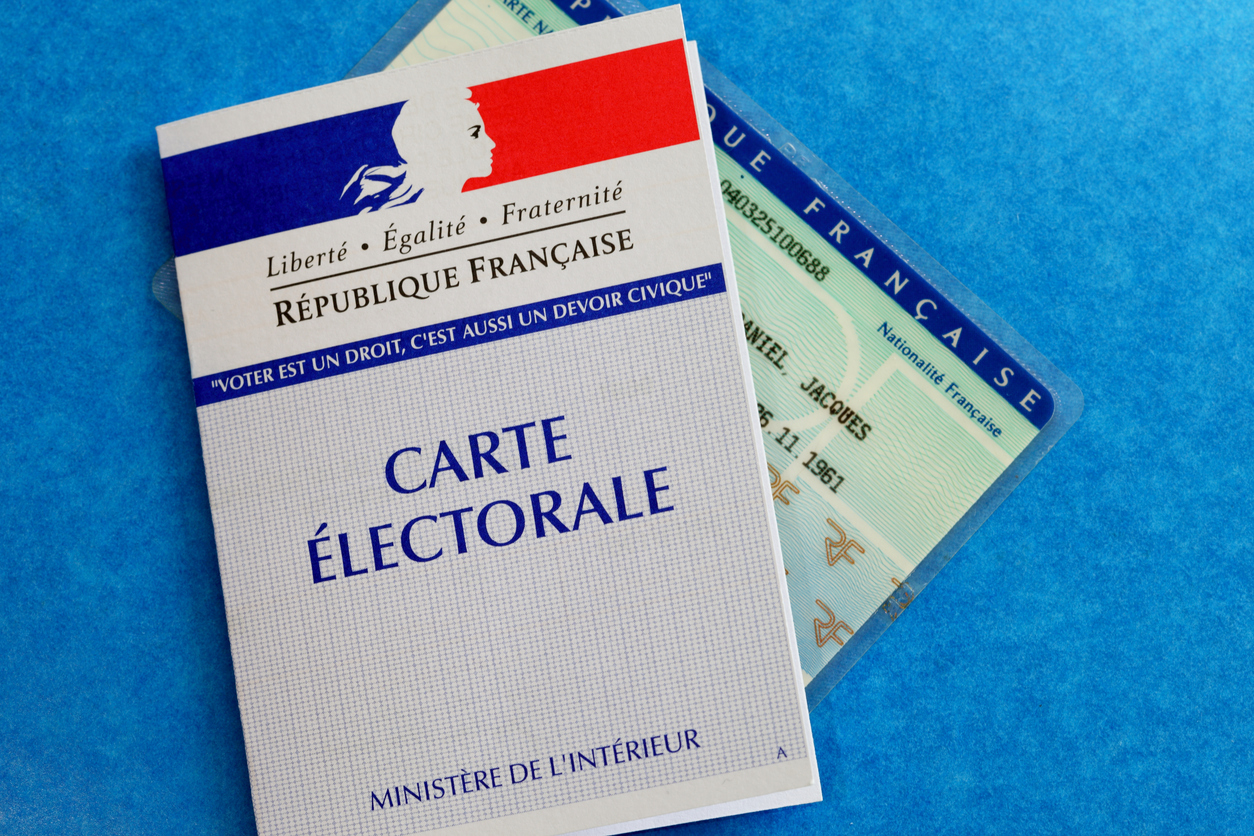Emmanuel Macron is a centrist at a time in global politics when, to borrow from Yeats, it had seemed as if the centre cannot hold.
But with his victory in the French presidential election it has held, if only for now. Germans vote in September, Britain is moving towards its Brexit, and Donald Trump remains a destabilising force, as he promised to be.
Macron in contrast is a safe pair of hands, a moderate, a policy wonk, the epitome of Davos Man. He went to some of the finest schools in France. He worked in government and then as a banker for the Rothschilds.
His decisive victory over Marine Le Pen — 66.1 per cent to 33.9 per cent — cheered people on the left, and others who had grown fearful of the rise of the right. People on Facebook, which always tilts to the left, were posting links to triumphant renditions of La Marseillaise (a bloodthirsty and xenophobic song whose translated lyrics include “What! Foreign cohorts/Would make the law in our homes!” and “Let an impure blood/Soak our fields!”).
Bear in mind that Le Pen’s result compares favourably to that of her father, Jean-Marie Le Pen, who received 17.8 per cent of the votes when in 2002 he likewise reached the final round of the presidential race. The outsiders have gained ground.
Now it is up to Macron to show in France, as Angela Merkel has long done in Germany, that an old-school, say-all-the-right-things, somewhat boring politician can improve people’s lives and lessen the feeling of disenchantment that many people carry within them, in France as in elsewhere.
He is expected to be sworn in on Sunday May 14. At age 39 he will be the youngest person to take charge of France since 1804, when Napoleon Bonaparte became emperor at age 34. Macron’s party, En Marche!, which he started last year, will be presenting candidates for the first time in the June 11 and 18 legislative elections (a bit weird: the party has the same initials as its leader). On his side are the goodwill of the masses and of much of the international political community.
Pursuit.ca


